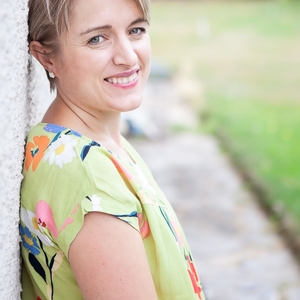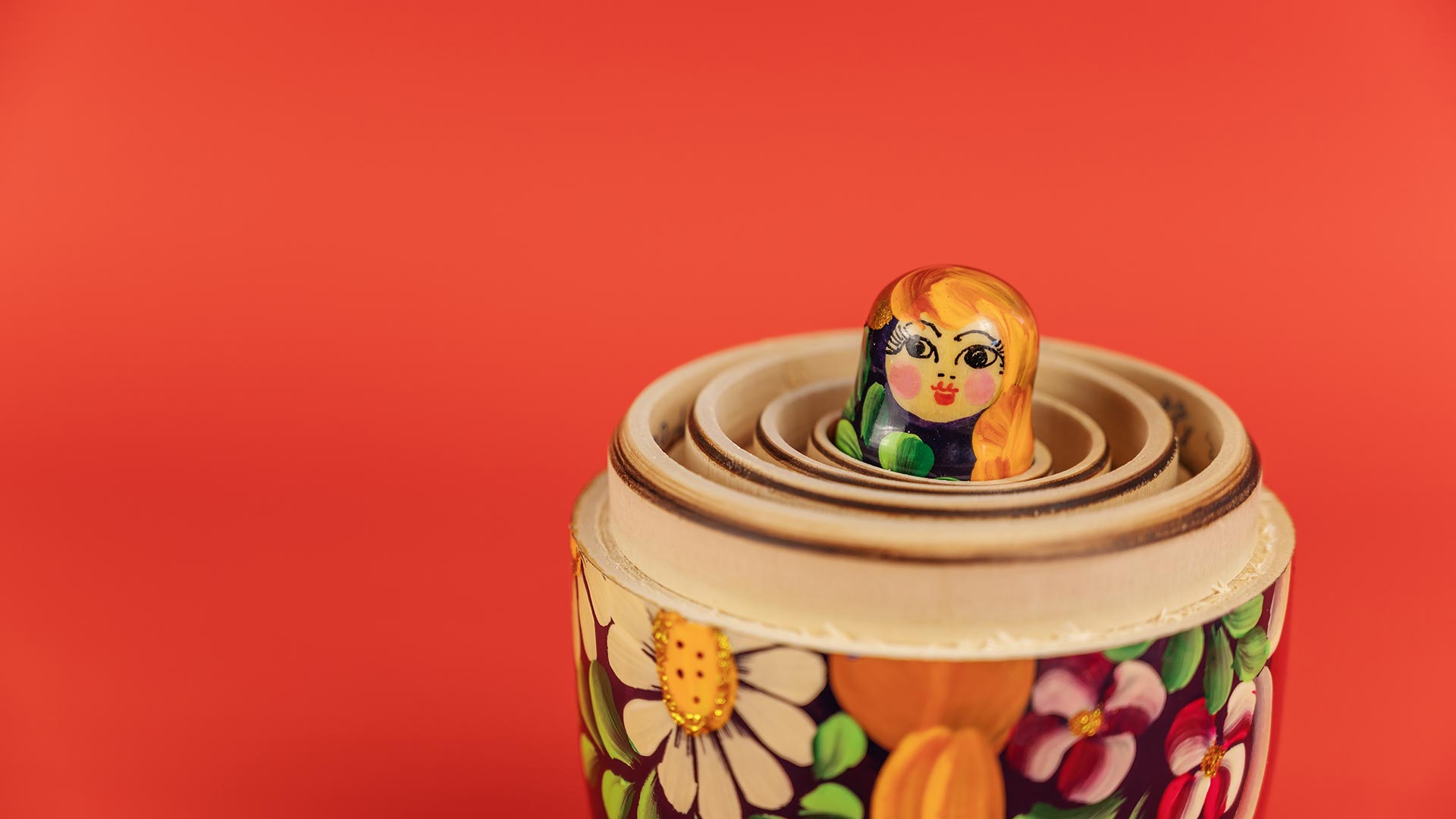You are viewing your 1 free article this month. Login to read more articles.
Enough with the little books
Authors need to stop undermining their work.
As an author, it’s unsurprising that I follow many other scribblers on social media. I watch as they release books, and I often retweet or share their posts to help them reach a wider audience.
But I’ve noticed something. Authors — often, but not always, women — frequently precede mentions of their published books with the adjective "little". Seen in isolation, the term seems derogatory, suggesting the book isn’t quite up to scratch, is a pet project, or something that readers might pick up as a favour rather than for pleasure.
So, why do authors use this term? And how could we better represent ourselves when posting?
In women, this tendency to underplay our achievements could be down to gender. "From a young age, boys are naturally seen as boisterous and are socialised to be assertive, whereas girls tend to be encouraged to be quiet and toe the party line. As a result, in adulthood women tend to be more modest about achievements, whereas men are often more assertive", explains Dr Aneesa Shariff, clinical psychologist.
Gender aside, using terms such as "little" on social media may also be due to fear of the negative backlash that may occur if we appear too self-serving. "People don’t want to be perceived as boastful, or to get people’s expectations too high so they’re disappointed," explains Shariff. "There may also be imposter syndrome at play. Authors want to downplay work because they feel some inadequacy. The term could be a protective statement or a sign of nervousness."
On a more positive note, the words "little book" may convey affection (see also "book baby"). This is something we’ve strived over and finally birthed, have come to love through ups and downs. The "little" may have more to do with fondness than a desire to denigrate.
Sadly, whatever our intentions, the word "little" could suggest to our audience that we think of our work as diminutive or "less".
And this is certainly not the case. In fact, when scrolling through Facebook, X and Instagram, I’ve noticed that some authors using this term are highly successful, their posts responding to news that their "little books" have been shortlisted, appeared on TV or hit an important milestone. These books are clearly not little at all.
Whatever our current level of success, it’s important not to downplay the achievement of publishing a book by using softening adjectives. But it can be hard to strike the right balance.
Gender aside, using terms such as ‘little’ on social media may also be due to fear of the negative backlash that may occur if we appear too self-serving
Claire Fenby, head of marketing at Boldwood Books, advises against downplaying our work. "When promoting your book you’re still on an important part of your book’s journey," she explains. "You’ve sold it to an agent, and to a publisher, you need to think about using the same language when you promote it to the public too."
Of course this goes beyond simply replacing the word "little". I can only imagine what might happen on the reactive social media sites if we were to describe our books as "huge" or "enormously important" or "incredible".
Rather than simply replacing the term "little book", walking the fine line between underplaying and appearing boastful may require an evaluation of how we use social media as a whole. "The more human content tends to work best, so I would suggest using your social media in a way that takes the reader on a journey with you," Fenby explains. "If people get the impression you’ve popped up overnight with minimal effort, they are more likely to act negatively to statements of your success (not that they should). But if you share the journey with the reader, they can see the hard work that’s gone before. There’s no need to downplay the final product if they’ve seen the ups and downs of the overall journey."
Another way to suggest our book’s merits is by using comps. "Posting about other authors’ work then signposting your own as a comparison can be a great way of suggesting the merits of your book," she explains. "For example, if you loved this book by Jojo Moyes, you’ll enjoy this. It’s a signpost for the reader and does the talking for you."
From an author perspective, I can see the sense in all of the above, yet still feel self-conscious when I self-promote. But one thing I’m determined to do going forward is avoid using the word "little"or other minimising language. Because the last thing I want to do is minimise the years of hard-work, dedication and angst that has got me here, as well as the achievements of my editors, publishers and all the other background folk who go into helping a book into the world.
Like many authors, I cringe a little when it comes to posting about my books. But I’m going to make sure I do myself and my work justice. I may be a little author (5’1" on a good day) but my books are the same size as anyone else’s.


















